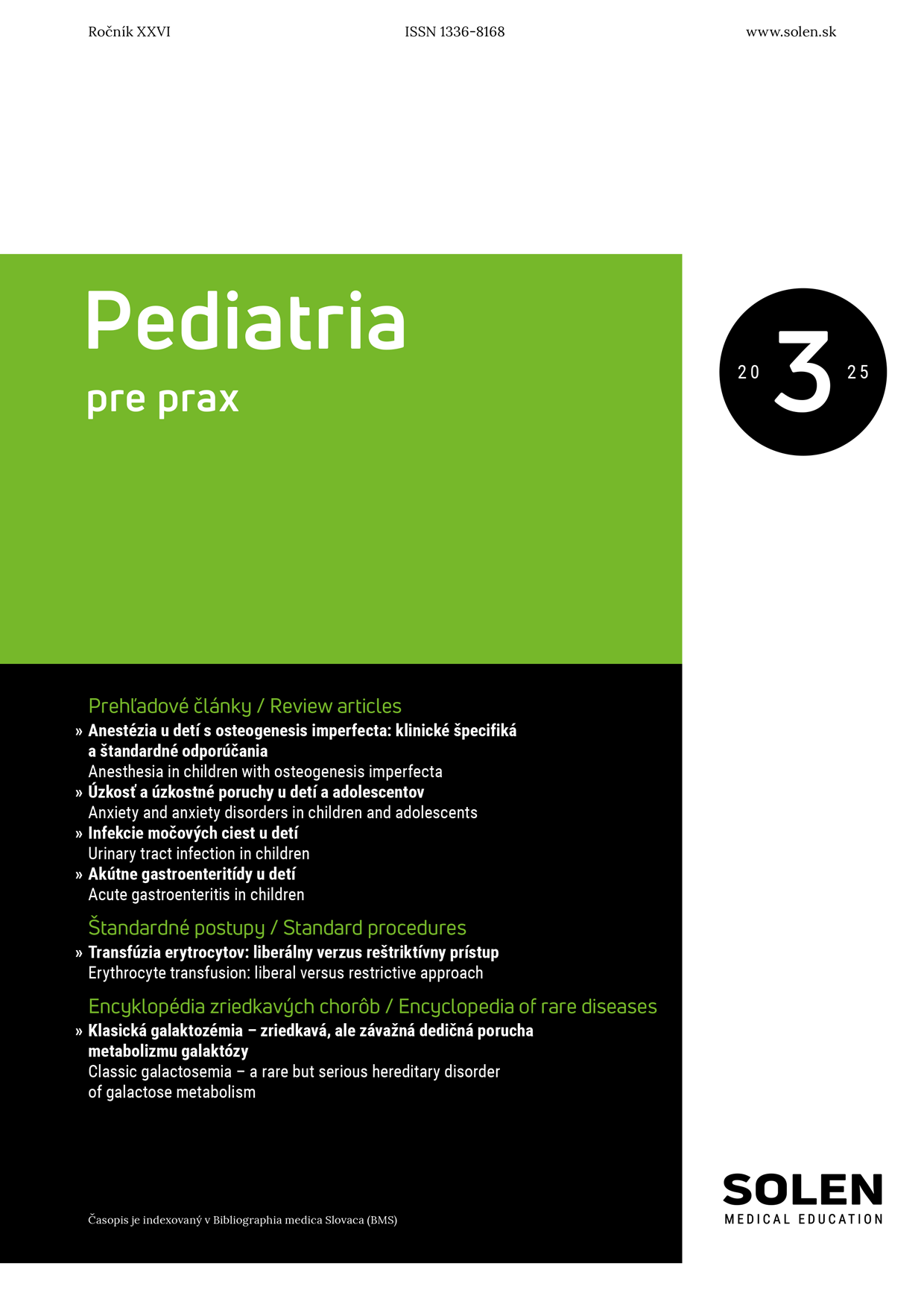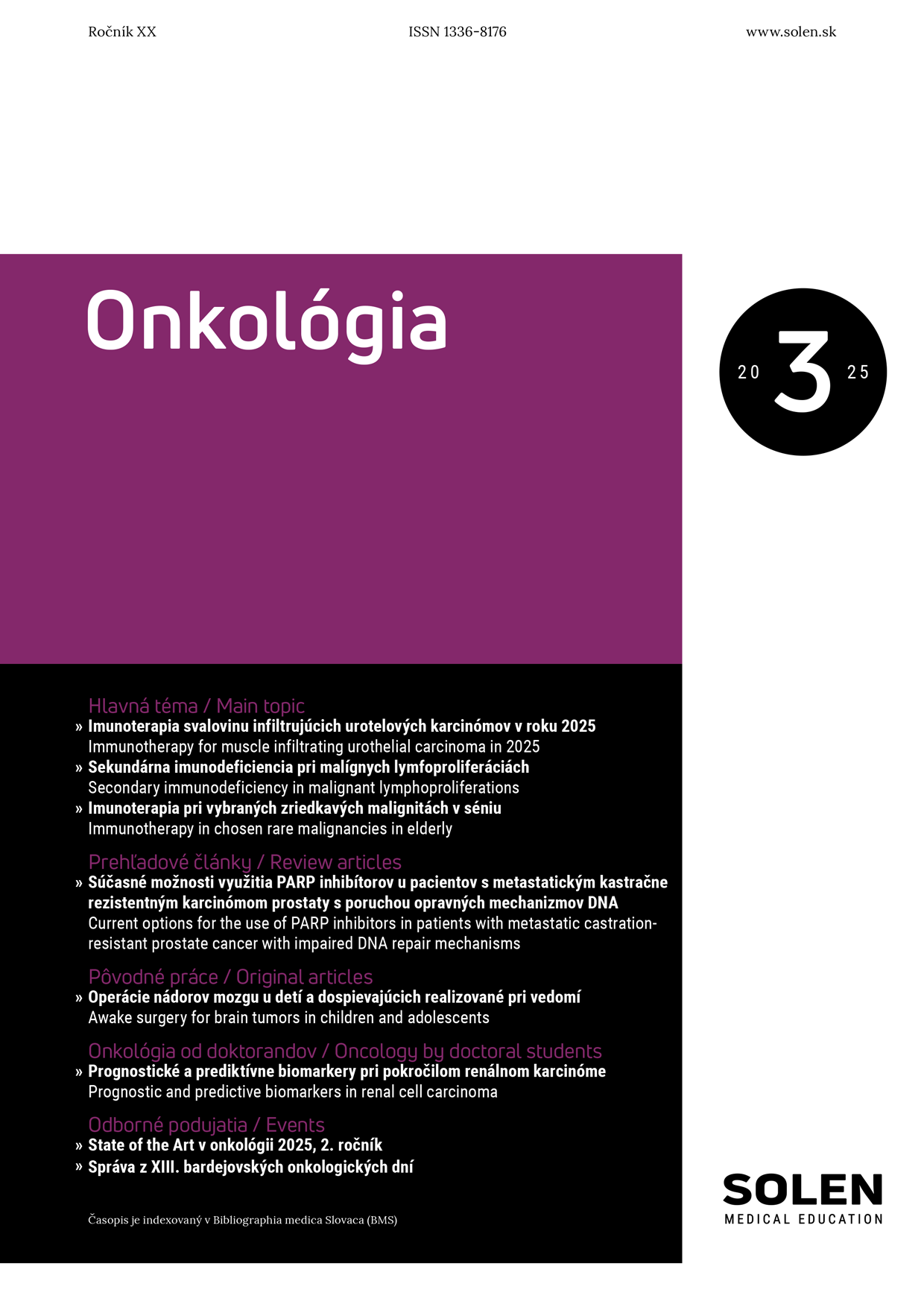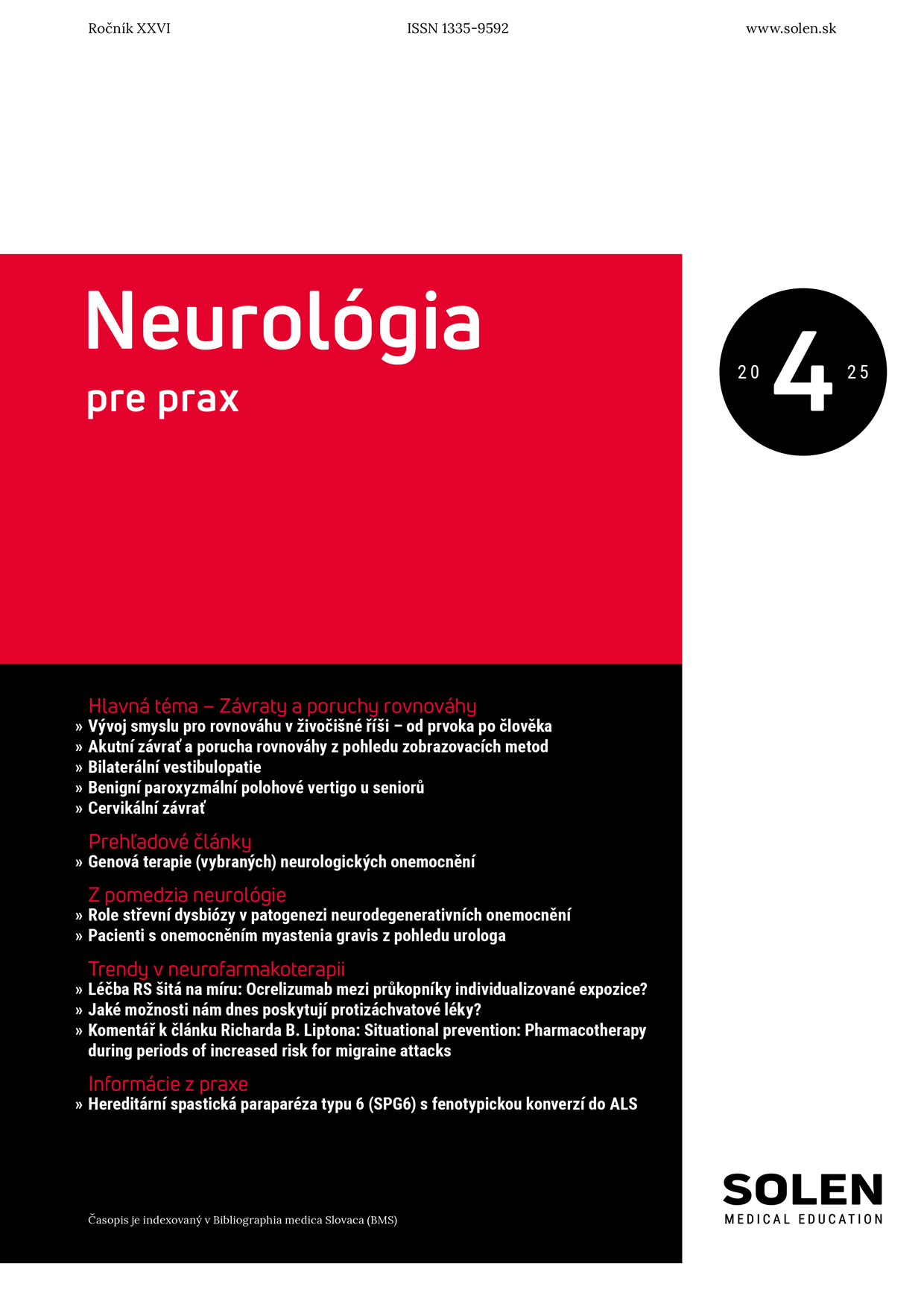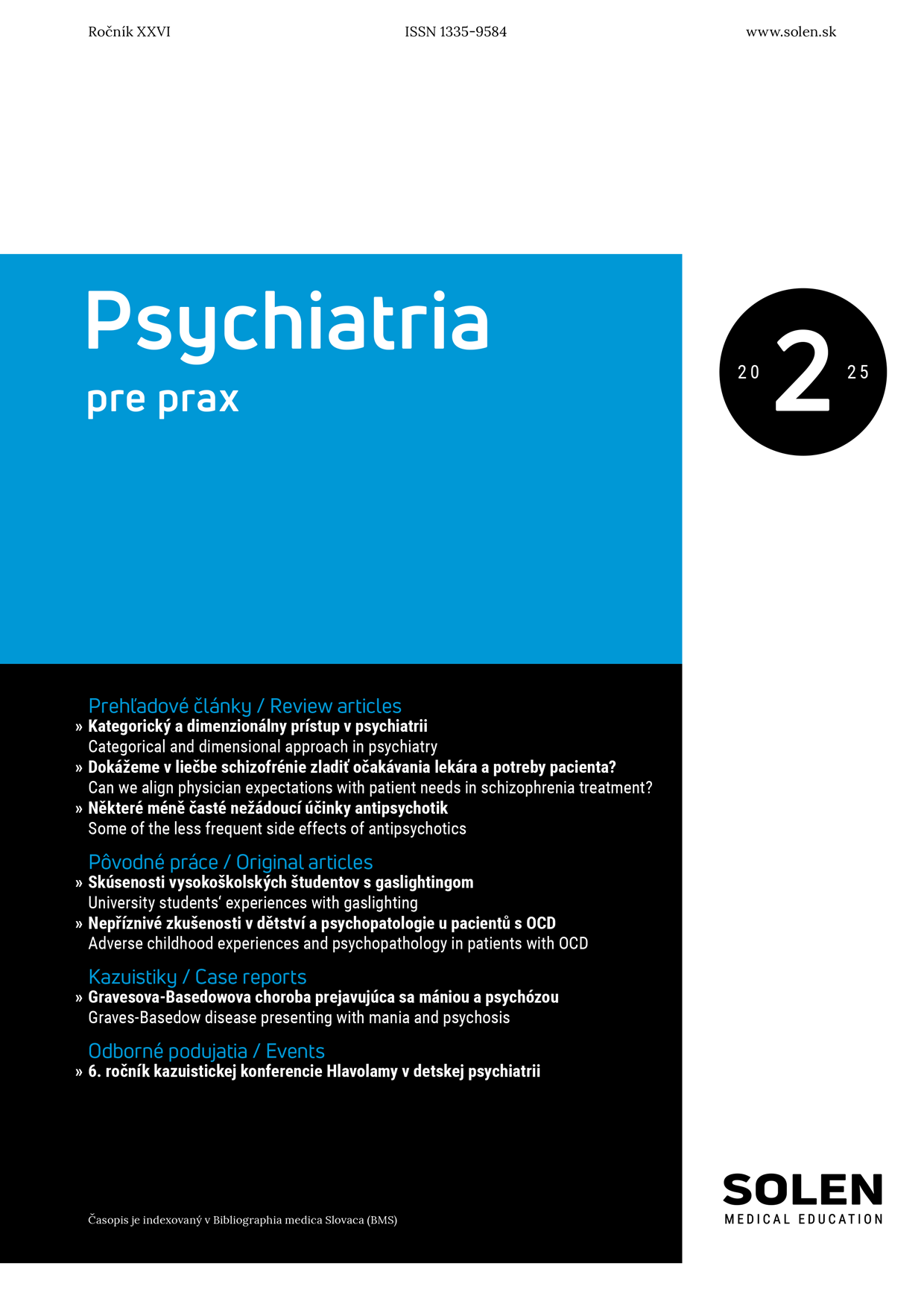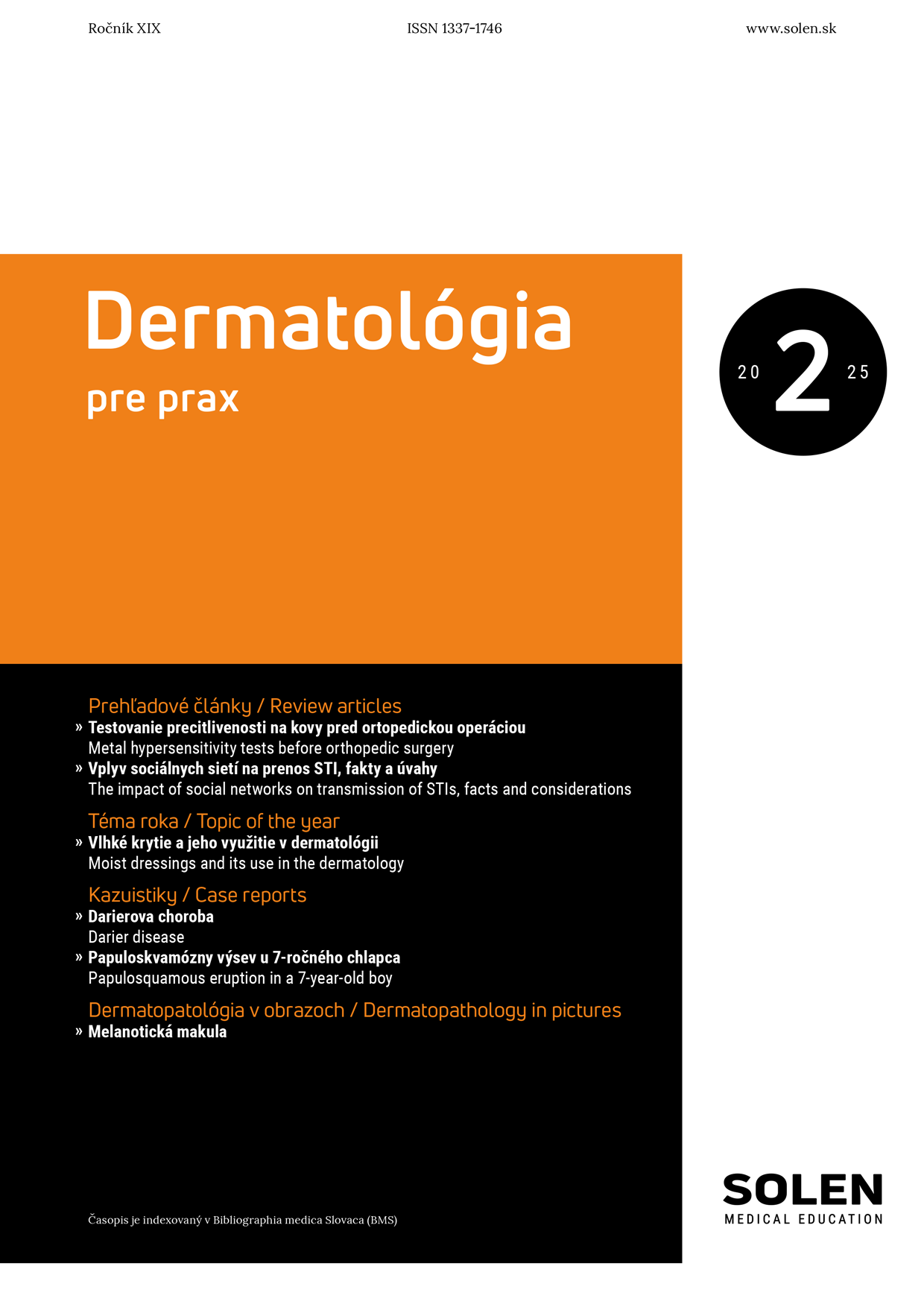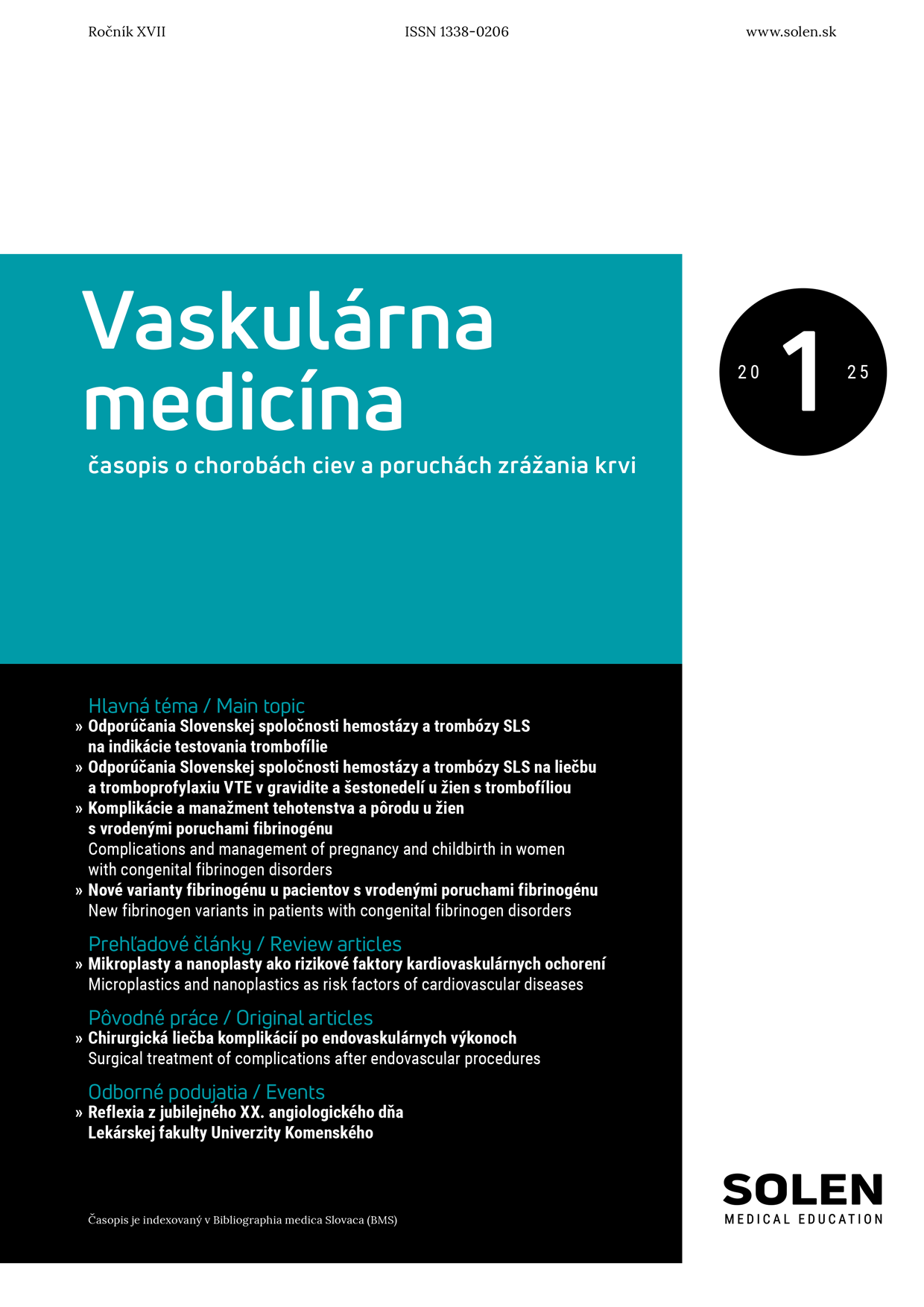Onkológia 1/2007
Biological treatment of the small cell lung cancer
Targeted treatment of lung cancer selectively influences intracelullar signaling pathways by affecting on different parts of expressed cell receptors, which play the role in cancer cell proliferation. „Small molecules (gefitinib, erlotinib) cause inhibition of tyrosine-kinase activity of the intracelullar part of eGf receptor (epithelial growth factor receptor) and block signaling pathway (route) of the protoncogene k-ras aiming at proliferation of cancer cell. Gefitinib effectivity in the treatment of non-small cell lung cancer connects with amount of mutations to eGfR at axone 17-21, effectivity of erlotinib vice versa connects with overexpression of eGfR. Cetuximab affects on extracelullar part of eGf receptor and blocks effective binding of eGf and receptor activation. The angiogenesis inhibition represents important step in limiting tumor nutrition as well as tumor growth. The targets in inhibition of vessel structures proliferation are VeGf, VeGfR and for adhesion (and following metastasizing) integrins.It is possible to influence VeGf-2 by means of displacement or inhibition of VeGf (bavacizumab) or extra / intracelullar receptor domain itself.
Keywords: non-small lung cancer, eGfR, erlotinib, cetuximab, bevacuzimab.


